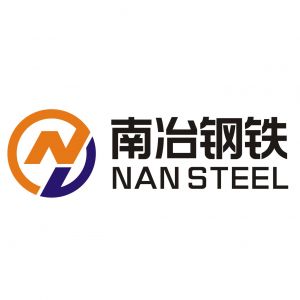Development trend of anti-corrosion steel pipePosted by chase Liu on July 26th, 2023 Anti-corrosion steel pipe refers to steel pipes that have been processed by anti-corrosion technology, which can effectively prevent or slow down the corrosion phenomenon caused by chemical or electrochemical reactions during transportation and use. Anti-corrosion steel pipe base materials include spiral pipes, straight seam pipes (such as ERW pipes), seamless pipes, etc. Widely used in pipeline engineering and octg pipe fields such as long-distance water transportation, petroleum, chemical industry, natural gas, heat, sewage treatment, water source, bridge, steel structure, marine water transportation piling, etc. Advanced Coatings: Manufacturers have been continuously developing and improving various anti-corrosion coatings for steel pipes. These coatings include fusion-bonded epoxy (FBE), 3-layer polyethylene (3LPE), 3-layer polypropylene (3LPP), and other high-performance coatings. The trend has been towards developing coatings that are more durable, offer better adhesion, and can withstand harsh environmental conditions. Nano-coatings: The application of nanotechnology in anti-corrosion coatings has shown promise. Nano-coatings can provide enhanced protection against corrosion by forming a more robust barrier and improving the mechanical properties of the coating. Hybrid Coatings: Some research has been focused on developing hybrid coatings that combine different types of anti-corrosion technologies, such as combining a traditional coating with a nanocoating or integrating inhibitors directly into the coating. Corrosion Inhibitors: The use of corrosion inhibitors has been a long-standing approach to protect steel pipes. Ongoing research has been directed towards developing environmentally friendly and long-lasting inhibitors that can be incorporated into coatings or applied separately to provide corrosion protection. Cathodic Protection: Cathodic protection is a method used to control corrosion on steel pipes. It involves the use of sacrificial anodes or impressed currents to protect the steel surface. Advancements have been made in the design and application of cathodic protection systems to improve their efficiency and effectiveness. Composite Materials: Research and development have been ongoing to create anti-corrosion materials that combine steel with other non-corrosive materials, such as fiberglass-reinforced plastic (FRP) or carbon-fiber-reinforced polymers (CFRP). Smart Coatings: The concept of "smart coatings" involves the development of coatings that can sense and respond to changes in their environment, including corrosion conditions. These coatings may have the ability to self-repair or release corrosion inhibitors when needed. Sustainable Solutions: With growing environmental concerns, there has been an increased emphasis on developing eco-friendly anti-corrosion solutions that have minimal environmental impact during production, application, and use. Testing and Certification: As the demand for reliable anti-corrosion solutions grows, there has been an increased focus on testing and certifying the performance of anti-corrosion steel pipes. This ensures that the materials and coatings used meet industry standards and offer the claimed level of protection. Like it? Share it!More by this author |


